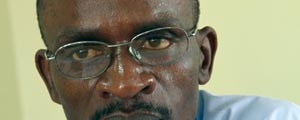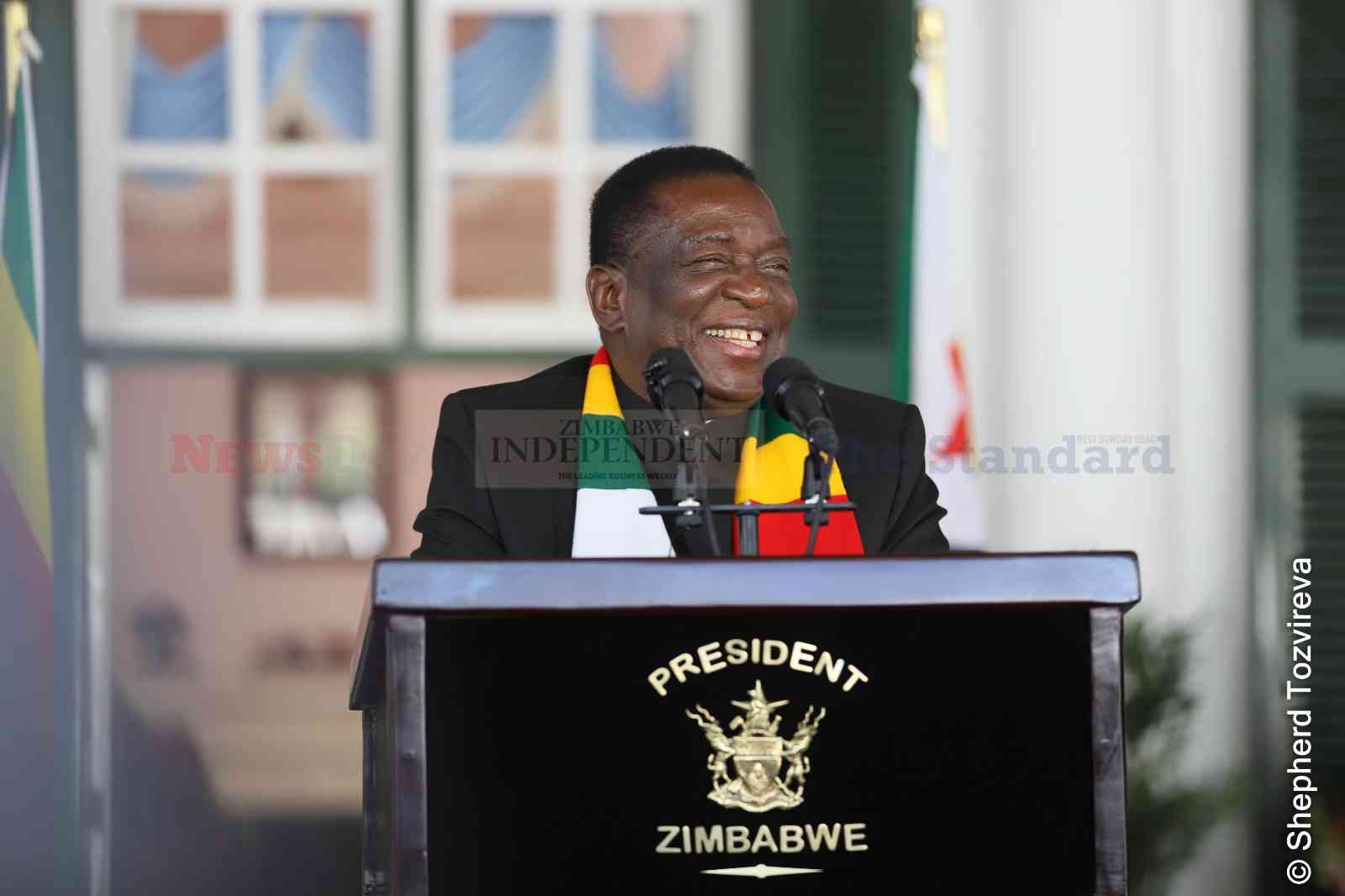
It’s 12 days into the year 2015.
Wisdom Mdzungairi
It is widely acknowledged that political leaders have over the last decades failed to take enough action to prevent catastrophic global warming.
Hence, this year the world will be hoping to reach a new deal to cut greenhouse gas emissions and prevent the planet overheating dangerously. So far, there are no signs that world leaders have the political will to do so. Not even in Zimbabwe!
Not surprisingly, climate change will once again dominate global debates this year. That is, happenings likely to have an impact on ecologies, politics, economy and culture beyond 2015.
While last year there were also important news in wildlife conservation and loss, forest protection and politics, especially with the banning of the elephant hunting in Zimbabwe and Tanzania by the United States –a lot is required from both government and private players.
It is obligatory for government, and in particular, Environment minister Saviour Kasukuwere, to ensure particular milestones are achieved as far as the environment, climate change initiatives and water issues are concerned. Zimbabweans will obviously look out for the most important environmental action plan this year around.
While it is subjective to come up with expected goals for the year ahead, it is vital that government departments do not work at cross purpose as has been witnessed before in some of the divisions, for example that of tourism and environment; climatology and climate change.
- Chamisa under fire over US$120K donation
- Mavhunga puts DeMbare into Chibuku quarterfinals
- Pension funds bet on Cabora Bassa oilfields
- Councils defy govt fire tender directive
Keep Reading
It appears that President Robert Mugabe has been a reluctant warrior when it comes to climate change while Kasukuwere although energetic is overwhelmed by his demanding portfolios in government and Zanu PF.
For the first time in Zimbabwe’s history Mugabe focused on climate change by appointing a consolidated Ministry of Environment, Water and Climate, and then appointed ex-Mines secretary Thankful Musukutwa as point man in his office to push for a National Climate Change policy.
Though, constrained Mugabe finally realised that climate change needs a robust approach and what remains is to ensure government policy dovetails with this strategic document. It still boggles the mind how the Met Office continues to operate under the Transport ministry when there is a Climate Change Ministry; and how tourism is expected to effectively function without wildlife under its ambit – itself a major draw card for tourists.
That change is urgently required, and that change is profound — it’s historic.
It is hoped that the climate change strategic document will be done with and dusted this year, before Zimbabwe heads to Paris later this year.
Government needs to get its house in order through appropriate actions. We must also become strong, converted advocates with all other peoples of the world to reduce climate change effects.
In fact, Zimbabwe must increase the use of renewable energy and other sustainable forms of energy in our production systems. It is not beyond us to solve this problem.
But again, there are certain areas that government must lend a lot of advice to, especially areas for research and how to structure research programmes and engage various institutions and individuals in conducting research on climate change.
There are several things the country does not know now that the people would need to get to know because there are going to be some serious impacts related to, for example food security, and the quantity and quality of agricultural produce.
Research then is going to be critically important. The other issue is to continue to provide the Climate ministry with advice on the whole global warming and how it stands to impact on Zimbabweans. And, perhaps the minister can, in turn, advise his Cabinet colleagues and the nation.
Again, Kasukuwere must immediately deal with people building houses on wetlands across Harare resulting in water shortages in the capital.
Wetlands are a vital natural resource that is losing the attention that it deserves and is currently degrading at an alarming rate hence the need to focus on quick remedial measures.
It is regrettable that the construction of houses on wetlands coupled with a sharp increase in the use of borehole water has contributed to the depletion of Harare’s water table.
Also the construction of houses on wetlands has caused an increase in the contamination of underground water.
It must be noted that wetlands perform the function of sponges by soaking up rain and slowly releasing this water in drier seasons. They also act as a water quality regulator because of their natural filtration mechanism. Hence, the destruction of wetlands in Harare has resulted in such dams as Mazowe failing to fill up in the last decade. Corrective measures are needed in the circumstances.
Surely, with all this in mind, 2015 is crucial for global action on issues such as sustainable development, climate change and inclusive growth.
As UN secretary general Ban Ki-moon would normally love to say: “This is the most important and crucial year for humanity.” The most important decisions on global issues in particular climate change and sustainable development among others could likely be taken in Paris this year.
So, those representing all of us in the Climate ministry, industry and corporate world must work in a way that these issues are addressed.
Government has much to do for the poor citizens of this country, and Kasukuwere must change, refocus, and redeploy his energies, and help Zimbabwe achieve its intended goals.











